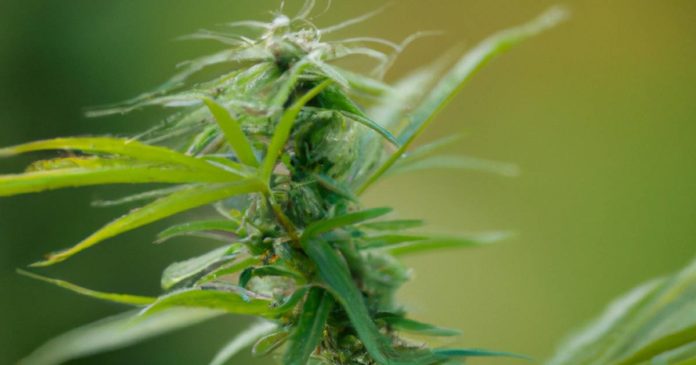The past appears to have come back to haunt a number of cannabis farms in the US state of Washington.
One of the amazing attributes of the cannabis plant is its phytoremediation capabilities. Phytoremediation refers to the utilization of plants to aid in the cleanup of polluted soils, essentially functioning as soil detoxification agents as the plants absorb and accumulate the contaminants. Cannabis is particularly well-suited to this – but of course once it has been used for this purpose, it cannot then be used for food and medicinal applications as the contaminants can become highly concentrated.
Washington’s Okanogan County is home to a large number of orchards, and has been for many years. Among the pesticides used in the past was DDT, which was banned in the United States in the 1970s. One of the chemicals formed as DDT breaks down is dichlorodiphenyldichloroethylene (DDE). DDE is toxic, is bioaccumulative and binds strongly to soil.
The Washington State Liquor and Cannabis Board (LCB) recently announced it has issued a notice to all cannabis licensees after random testing of products from certain locations revealed detectable levels of DDE – with many samples exceeding action levels.
The LCB is particularly concerned given state-certified cannabis-testing labs are not required to screen for DDE among the 59 pesticides included in mandatory testing.
“Consequently, licensees may be unaware of the contamination unless their location was chosen by the LCB for random testing.”
Among the actions the LCB has immediately taken is the placing of administrative holds on licensees with above actionable limits of DDE. The Board has also requested lists of all products distributed since August 2022 from all licensees in the affected area.
The LCB is acquiring and testing on-shelf products from all 18 licensees in the geographical region, and will request licensee-initiated recalls for any products with DDE levels above actionable limits.
Future actions by the Board included initiating emergency and long-term rules to address DDE contamination, conducting soil and water testing in the affected region in partnership with state agencies, and ongoing product testing.
The full LCB bulletin can be viewed here.


